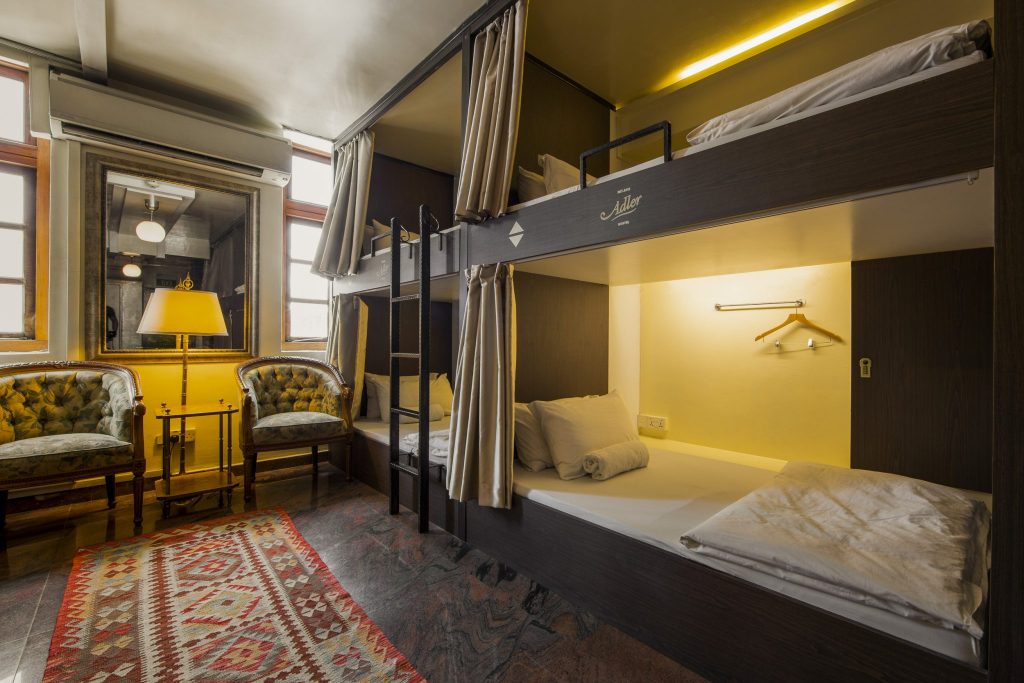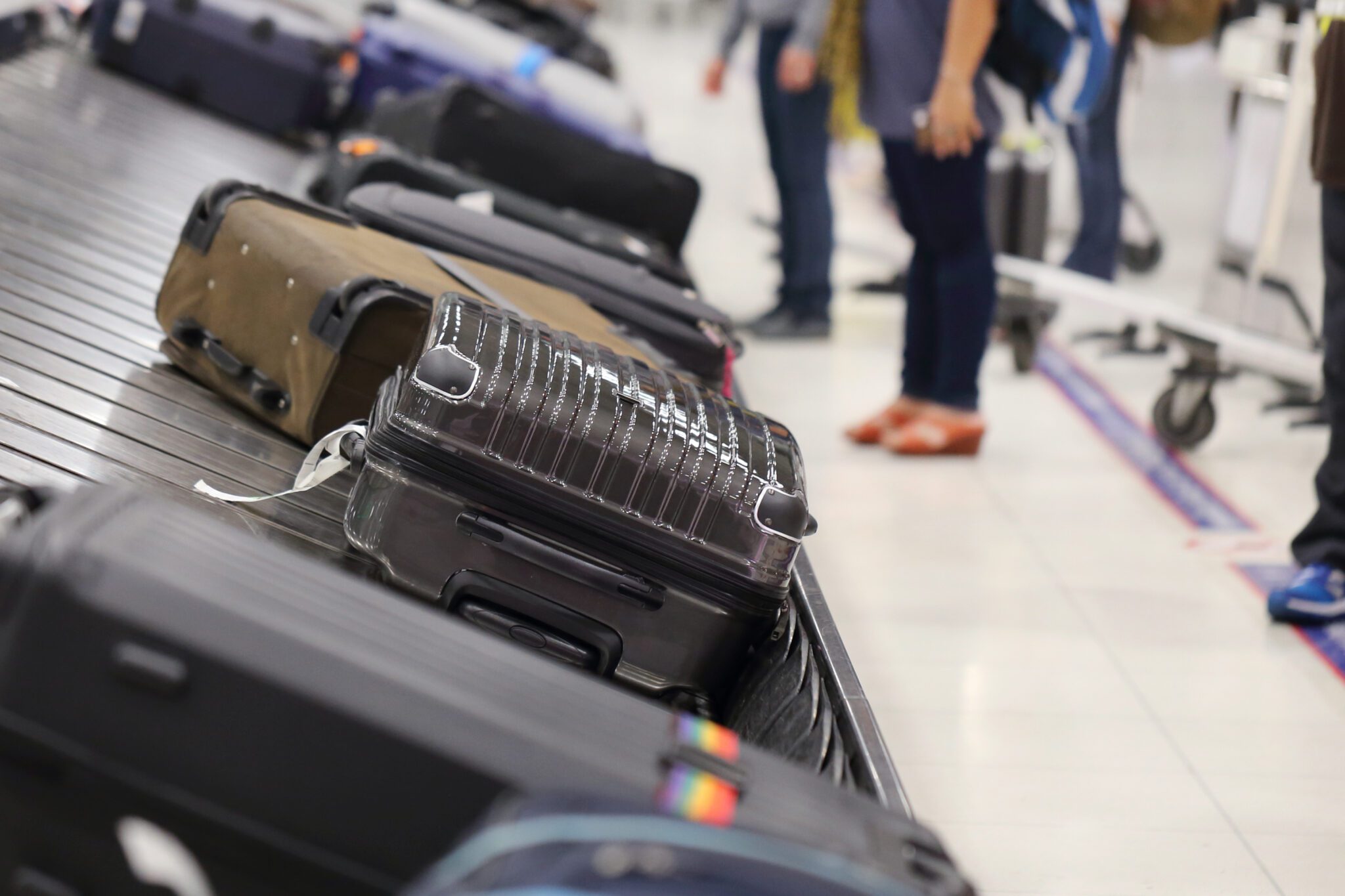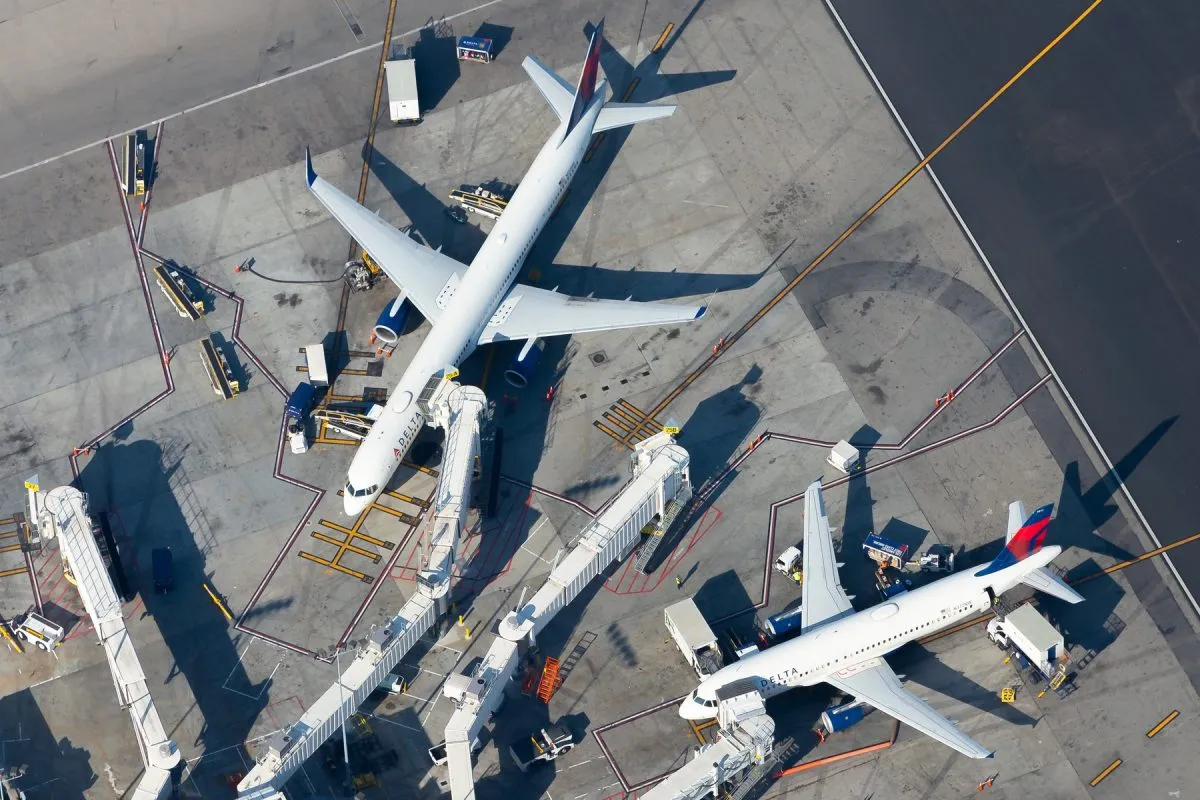Could This Be the End of Hostels in Singapore?

Skift Take
Hostel owners in Singapore say they are on the brink of collapse and that the whole sector could be virtually wiped out in months unless solutions are forthcoming.
If that happens, it would be sad in the long run. Singapore especially needs hostels as its expensive image is stickier than a chewing gum stain, while the tourism board prides itself for having diversified accommodation types to suit every budget.
Moreover, in a span of 10 years, the hostels scene in the country, as in many other destinations worldwide, has evolved to offer not just the humble bunk bed in dormitories but boutique hostels, poshtels and luxury hostels to cater to backpackers and low budget travelers.
It is, of course, not a good time to be a hostel today, when communal living and social interaction go directly against social distancing and isolation. Singapore in June imposed strict measures on hostels, such as requiring them to alternate bunk beds which in effect caps occupancy to 50 percent.
Mom-and-pop hostel owners have been hardest hit. Given high commercial rents, 50 percent maximum capacity and 60 percent less pricing, it is “impossible” for hostels to sustain the business, said Adler Poh, owner of Adler Hostel, in operation since 2012.
With no regional or international tourists — the main sources for hostels — these owners have fought tooth-and-nail with hotels to accommodate travelers who are stranded in Singapore when Covid-19 hit. Another source is returning Singapore residents and long-term passport holders, even though hostels aren't included in government-designated 14-day quarantine facilities. But this segment is drying up as restrictions have been eased since June 17.
As economies reopen throughout Southeast Asia, hostels in Singapore unlike their counterparts in, say, Thailand or Vietnam with huge domestic markets, can't harbor hopes of getting some revenue from locals who travel for work or leisure. They can't count on Singaporeans for staycations, unlike hotels, which are dangling never-before deals in a bid to attract locals.
And while fast lane arrangements have been established to facilitate essential business and official travel between Singapore and six Chinese cities (Chongqing, Guangdong, Jiangsu, Shanghai, Tianjin and Zhejiang), hotels are braying low rates to get those; besides it's unlikely these travelers would stay in hostels.
Hostels are currently relying on their one last source: Malaysian employees who are stranded or have chosen to remain in Singapore when borders closed between the two neighbors. Thousands of Malaysians shuttle across the border to Singapore daily for work or study.
But owners are anticipating this too will end. On June 26, Singapore and Malaysia have agreed to establish a reciprocal green lane.
Clock Ticking
“The clock is ticking on us,” said Jacquelyn Chan, a hostel pioneer who owns Rucksack Inn which, with more than 150 beds is one of the biggest hostels in Singapore.
Another hostel pioneer, Seah Choon Siang, expects 70 percent of hostels will be wiped out in the next six months “or even entirely” if travel does not return. Seah owns three hostels, Chic Capsules, The Bohemian and Backpacker's Hotel @ The Little Red Dot.
In desperation, 40 mom-and-pop owners with a combined 3,000 to 4,000 beds formed the Singapore Backpacker's Hostel Alliance at the end of April to have their plight heard to the government. One of their biggest calls is for the government to consider hostels as a viable alternative to house healthy construction workers, as the country works towards easing overcrowding in cramped migrant worker dormitories.
Given that there are around 1.2 million migrant workers in Singapore, 4,000 bunk beds are a very small pie — but one that can save enterprising homegrown entrepreneurs, said the alliance.
“We're recommending that the authorities treat each hostel as a cluster, where workers can stay together, transported to work places together and if there is an infection, the whole property can be locked down.”
Poh said hostels have the infrastructure to host this business, with ready facilities such as bunk beds and laundry areas. “Each of us has between 40 and 100 beds. Obviously we will ensure safety. We are hounded by the relevant agencies on safe distancing, temperature checks, 24-hour reception, et cetera.”
So far, the Building and Construction Authority recently agreed to include these hostels in an advisory to construction firms as alternative accommodations.
But that's a small win. “Could we not get the kind of assistance that's being given to the hotels sector, where whole hotels are booked and paid a good sum to house these workers?” said Poh.
“Let us get through this period with six-month contracts with construction firms. Instead, we are left to the elements to fight for it ourselves. We are competing with hotels, some of which are charging S$20 a room.
“Big hotel chains own land, are able to talk to the banks to restructure loans. Small players are now having to dig into their savings to pay commercial rents set prior to Covid-19. They will fold. It's very sad.”
One has bitten the dust. Mitraa Inn, after 15 years of serving international tourists visiting Singapore, closed on June 30.
“Mitraa served nearly one million guests in its three properties with the core value of friendly service standards,” its owners Mitraa Jack and Viji said in a note. “Our budget accommodation sector would be the last one to revive, even when things come back to normal. In this current critical period, it’s difficult for us to sustain [the business] with dwindling revenue, unable to meet our [fixed] expenses.”
Asked how vital hostels are to Singapore tourism, Tan Yen Nee, director, hotel and sector manpower, Singapore Tourism Board, said, “Hostels contribute to the variety and diversity of our accommodation landscape.”
Tan said the board offers a number of grant schemes to help hotels and hostels enhance competitiveness and growth, including the Business Improvement Fund to encourage technology innovation and adoption, and the Training Industry Professionals in Tourism scheme to upgrade talent and groom leaders.
“Covid-19 will have a disruptive and lasting impact on travel behavior. To survive, our tourism enterprises need to innovate, be flexible and explore new business models,” said Tan.
But hostels are treading water and such funds would sound a luxury to hostels at this time. Chic Capsules' Seah expects the budget market to be the last to recover in Singapore as the pandemic has caused massive job losses in the region, cutting out disposable travel income — especially for a city like Singapore, where prices are high due to high rents and wages.
From a market comprising Westerners initially, the backpacker demographics have changed to include a lot of young or young-at-heart Asians whose wanderlust was fueled by the rise of budget carriers in the region. The number of hostels consequently expanded in the last decade, from 20 to around 100 today, according to Seah. Barriers to entry are low, while newcomers have changed the face of hostels to suit a new generation of travelers.
The myriad of different types of hostels adds color and vibrancy to Singapore's accommodation sector. Poh's Adler Hotel for instance has gained recognition as the “One & Only”of Singapore hostels, fielding the city's first luxury hostel that offers feather down pilliows/duvets and Italian toiletries. Chan's Rucksack Inn keeps close to “the spirit of backpacking” where she and staff go on regular outings with guests, be it on a pub crawl or to New Year's Eve countdown.
“It's the personal touch, authenticity and the spontaneity, which notable chains try to achieve but may find it hard, due to their standard operating procedures,” she said. “You can't teach personality and spontaneity.”
Chan wants to do a short one-minute video, with a simple question: “At this time next year, can you imagine Singapore with no hostels?
No.




